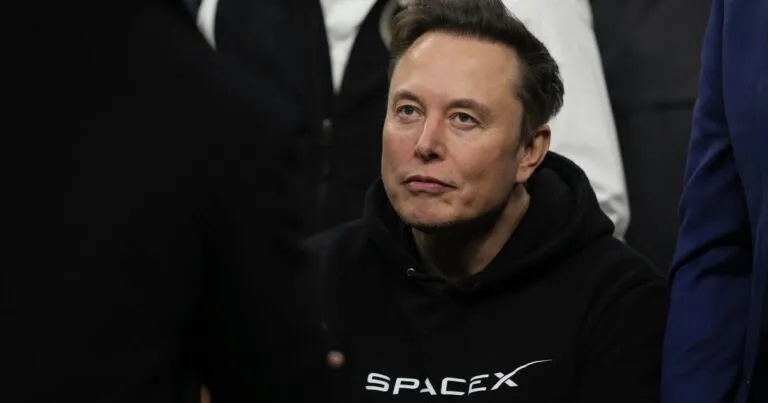Wisconsin Supreme Court Showdown: Will Musk’s Millions Tip the Scales?
In what has become one of the most expensive judicial races in U.S. history, the Wisconsin Supreme Court election is drawing national attention. With spending surpassing $80 million, the stakes are incredibly high as the ideological balance of the court hangs in the balance. The race features conservative Judge Brad Schimel and liberal Judge Susan Crawford, with billionaire entrepreneur Elon Musk stepping into the fray, reportedly backing Schimel with over $20 million in contributions.
Musk’s involvement has raised eyebrows and sparked controversy, particularly as he plans to distribute $1 million checks to voters in a bid to sway the election. His actions have led to a lawsuit from Wisconsin Attorney General Josh Kaul, who argues that such financial giveaways could constitute election interference. “We cannot allow billionaires to manipulate our electoral process,” Kaul stated, emphasizing the potential legal implications of Musk’s strategy.
The Wisconsin Supreme Court is not just a local issue; it serves as a critical battleground for broader national political dynamics. The outcome of this race could have significant ramifications for key issues such as abortion rights, gerrymandering, and voting laws in the state. With the court’s power to shape state policies, both parties are pouring resources into what is shaping up to be a pivotal moment in American politics.
Musk’s strategy appears to involve not just financial influence, but also direct engagement with voters. He has announced plans to visit Wisconsin, where he intends to personally hand out checks to those who sign petitions against what he calls “activist judges.” This move has drawn criticism from various political figures, who argue that it undermines the democratic process. “It’s a dangerous precedent when a billionaire can buy influence in such a direct way,” remarked political analyst Jane Doe.
The Democratic Party of Wisconsin has launched a campaign titled “People v. Musk,” aiming to rally opposition against Schimel and highlight Musk’s substantial influence in the race. This campaign underscores the Democrats’ strategy to counter the financial clout of wealthy donors like Musk, who have become increasingly prominent in American elections. As the election approaches, both parties are focused on early voting, with over 544,000 absentee ballots already returned, indicating high voter engagement.
Musk’s financial maneuvers are not without legal scrutiny. His initial plan to give $1 million to voters who had already cast their ballots raised serious questions regarding Wisconsin’s election bribery laws. Following backlash, Musk adjusted his approach to include individuals who signed petitions against “activist judges,” attempting to navigate the legal landscape while still maintaining his influence.
The implications of this race extend beyond Wisconsin’s borders, as it is seen as a test case for how billionaire influence can shape judicial elections across the United States. Musk’s previous tactics in swing states, including financial incentives for voter registration, have raised ethical concerns about the lengths to which wealthy individuals will go to affect electoral outcomes.
As the election date approaches, the tension between Musk’s financial might and the principles of democratic engagement becomes increasingly palpable. The Wisconsin Supreme Court race is not merely about judicial appointments; it represents a critical moment for both parties as they grapple with the evolving landscape of political donations and the influence of billionaires in elections.
In conclusion, the Wisconsin Supreme Court election is shaping up to be a defining moment in the intersection of money and politics. With Musk’s millions on the line, the outcome could set a precedent for how judicial elections are conducted in the future. As voters head to the polls, the question remains: will Musk’s financial influence tip the scales, or will the democratic process prevail? Only time will tell as Wisconsin stands at the crossroads of democracy and financial power.






Leave a Comment